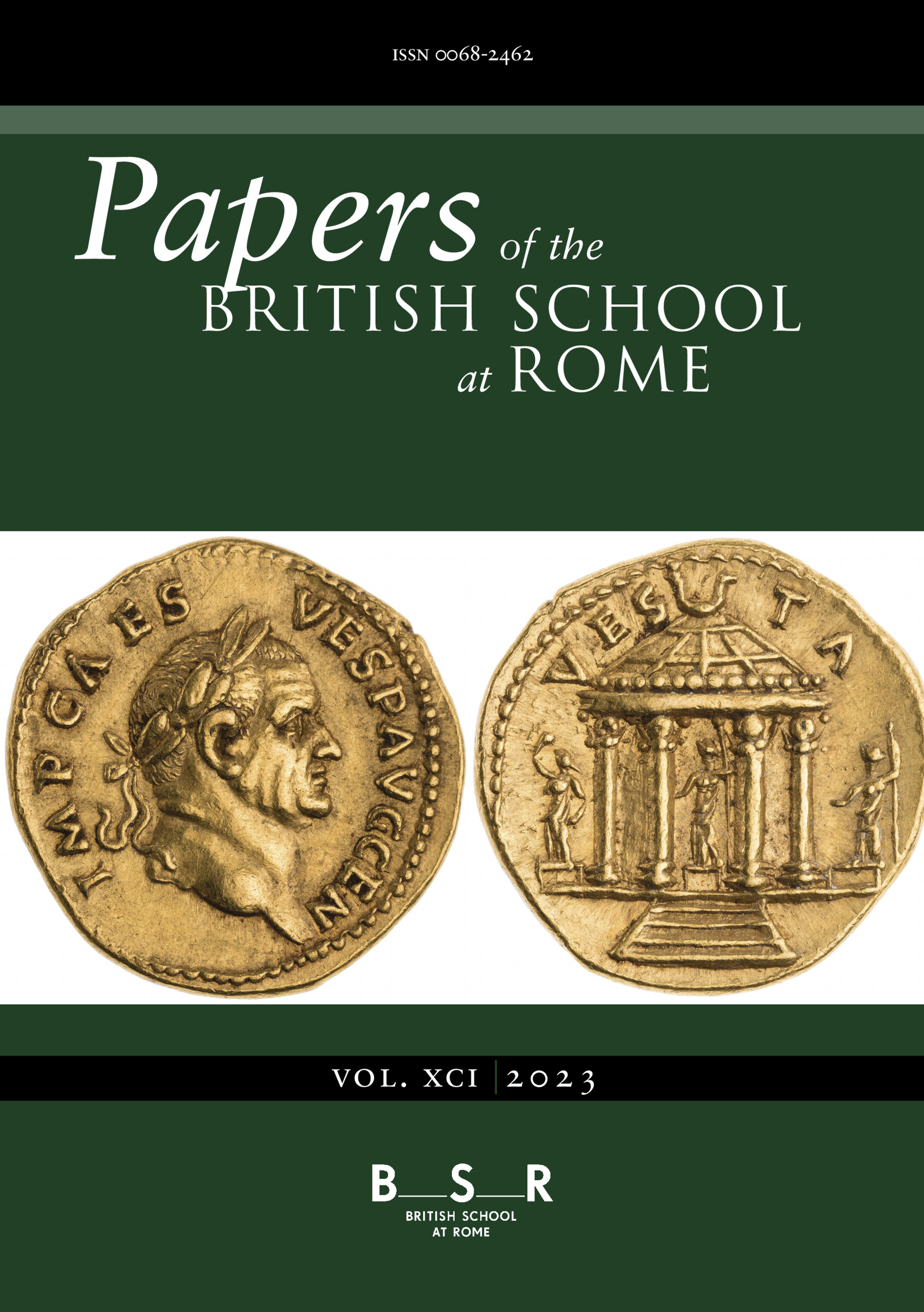Article contents
THE TROIA CHRONICLE AND HISTORIOGRAPHICAL PRODUCTION IN MEDIEVAL PUGLIA
Published online by Cambridge University Press: 05 November 2021
Abstract
Historiographical production within twelfth-century Puglia seems to have been markedly limited, and this frustrates attempts to access internal perspectives on a region which played a pivotal socio-political and economic role within southern Italy as it fell under Norman rule, and was subsequently absorbed into the new Kingdom of Sicily in 1130. It might, however, be possible to bolster the region's twelfth-century historiographical outputs if we were to include a largely overlooked and problematic source, the so-called Fragmentary Troia Chronicle. It is a short, hybridized and fragmented Latin text usually assumed to be late twelfth-century as a result of its chronological coverage. It consists of an annalistic-style account of political and religious events mostly of relevance to the northern Pugliese city of Troia and its bishopric, and ostensibly covers 1014 to 1124/7. It is accompanied by what also seems to be an appendix of documents (some dated later than the annalistic section) associated with the city's bishopric. This article therefore offers the first extended analysis of the Troia Chronicle's place within Pugliese historiographical production. It revisits questions around its authenticity, examines potential contexts surrounding its production and content, and provides the first English translation of the narrative section of the chronicle. In so doing, it argues that we must tread carefully when using this source, but that the Troia Chronicle's existence and its main chronological focus could at the very least hold significance as a marker of an enduring remembrance of a vibrant era of episcopal, literary and urban development in this Pugliese city in the eleventh and twelfth centuries.
La produzione storiografica nella Puglia del XII secolo sembra essere stata decisamente limitata, e questo vanifica i tentativi di accedere a prospettive interne su una regione che ha svolto un ruolo socio-politico ed economico fondamentale nell'Italia meridionale prima sotto il dominio normanno e poi nel nuovo Regno di Sicilia dal 1130. Tuttavia, l'inclusione della cosiddetta Cronaca frammentaria di Troia, fonte ampiamente trascurata e problematica, potrebbe rafforzare la produzione storiografica della regione del XII secolo. Si tratta di un testo latino breve, ibridato e frammentato, generalmente ritenuto della fine del XII secolo in base alla sua copertura cronologica. Consiste in un resoconto in stile annalistico di eventi politici e religiosi per lo più di rilevanza per la città di Troia nella Puglia settentrionale e per suo vescovado, e sembra coprire gli anni dal 1014 al 1124/7. L'opera è accompagnata da quella che sembra anche essere un'appendice di documenti (alcuni posteriori alla sezione annalistica) legati all'episcopato della città. Questo articolo offre quindi la prima analisi estesa della Cronaca di Troia all'interno della produzione storiografica pugliese. Riprende in considerazione le domande sulla sua autenticità, esamina i potenziali contesti che circondano la sua produzione e il suo contenuto e fornisce la prima traduzione inglese della sezione narrativa della cronaca. Pur sostenendo come si debba procedere con attenzione quando si utilizza questa fonte, l'esistenza stessa della Cronaca di Troia e il suo principale focus cronologico potrebbero almeno essere considerati come indicatori di un ricordo duraturo di un vivace momento di sviluppo di questa città pugliese nei secoli XI e XII sotto diversi aspetti: episcopale, letterario e urbanistico.
- Type
- Articles
- Information
- Copyright
- Copyright © British School at Rome 2021
Footnotes
The completion of this article has been enabled by funding from a Leverhulme Trust Research Fellowship for which I am extremely grateful. I am also appreciative of the helpful comments and suggestions of the anonymous peer reviewers, and the assistance and advice provided by Antonio Antonetti, Fulvio Delle Donne, Stefano Locatelli, Graham Loud and Stephen Mossman.
References
REFERENCES
- 1
- Cited by


